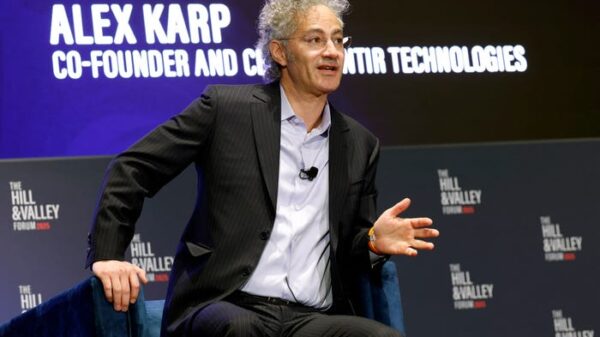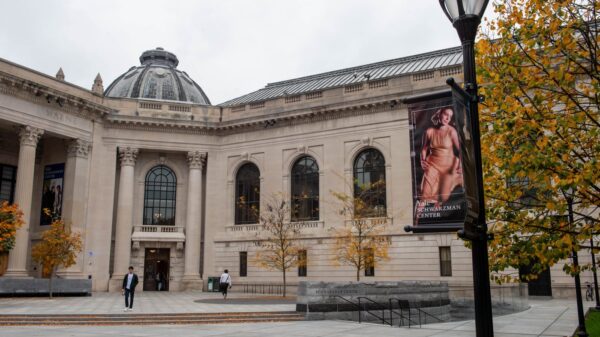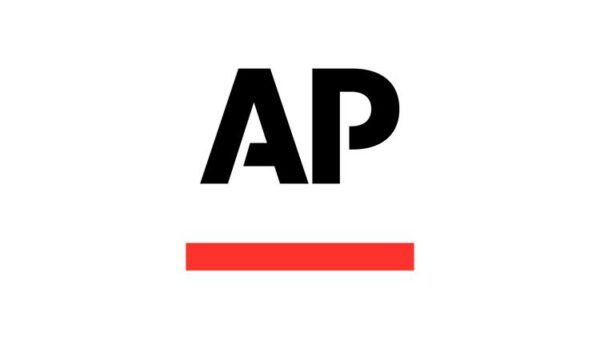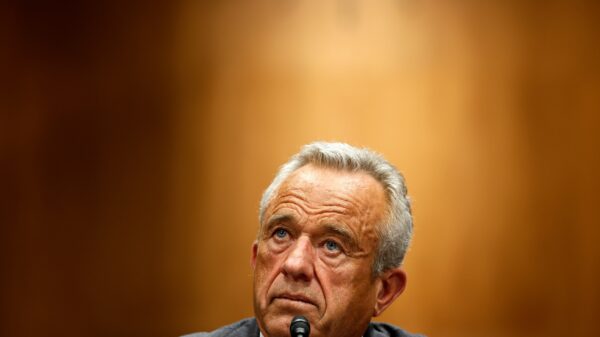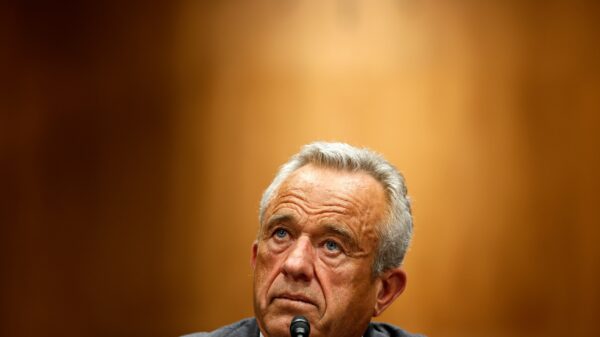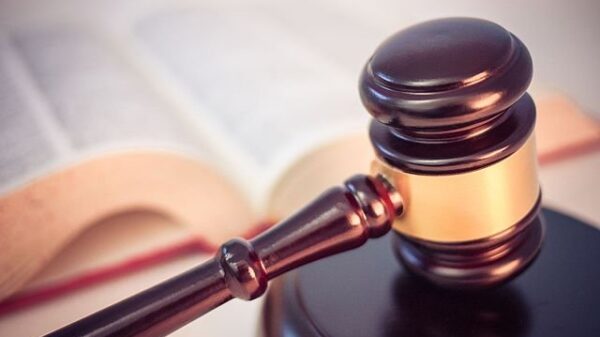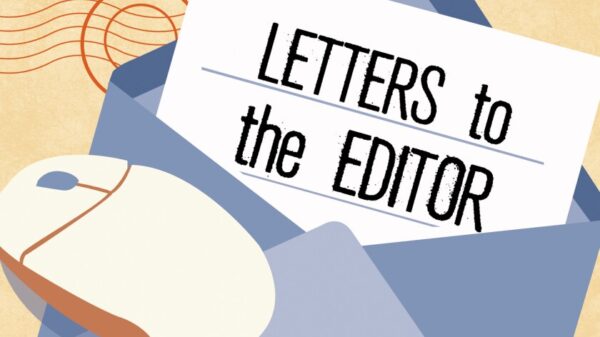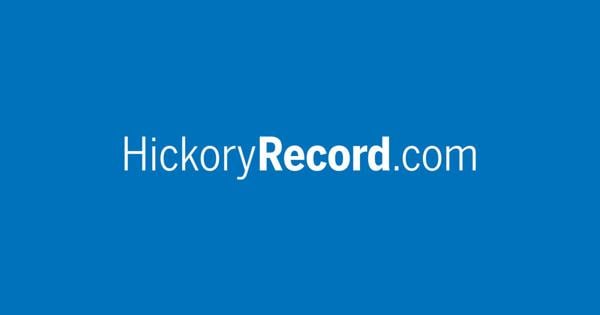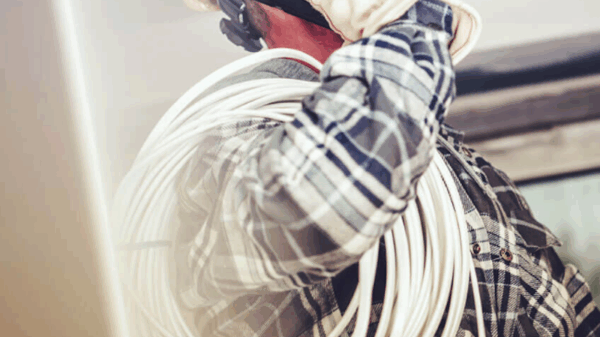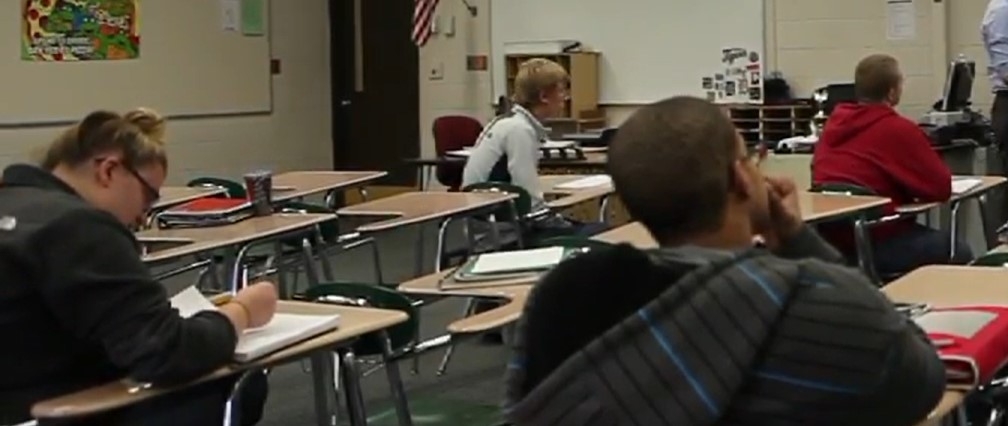The return to school in the United States has been marked by significant controversy, with teachers facing mounting pressures that impact their ability to educate effectively. Recently, a middle school teacher in Virginia’s Alexandria County Public Schools faced backlash for administering a survey to students that allowed them to socially transition at school without parental consent. Concurrently, the U.S. Department of Education initiated an investigation into Burlington, Massachusetts’ schools for allegedly infringing on parental rights through a similar survey process.
These incidents highlight a troubling trend in public education, where students may be deprived of their educational rights due to decisions made by school officials. As trust in public schools declines, enrollment figures have also been affected adversely. Yet, the real casualties in this situation may be the competent teachers—those committed to imparting knowledge without succumbing to ideological pressures.
In a recent documentary by IW Features, former teacher Michelle Mangiapane shared her journey from a dedicated educator to disillusionment with the public school system. Mangiapane, who emigrated from Canada in 1996 and began teaching math, witnessed a significant decline in academic standards during her career. By 2008, she observed a shift in the political landscape that permeated the educational environment.
While working as a credit recovery instructor after school, she encountered troubling instances of grade inflation. One particularly alarming case involved a student who, under the supervision of the assistant principal, completed assignments online in a matter of hours, earning an unmerited A grade. Mangiapane expressed her dismay, stating, “I can’t be the teacher of record. How can you want me to be the teacher of record?”
The issue of grade inflation has become endemic in many school districts, forcing teachers to either comply with policies that undermine academic integrity or risk their careers. As highlighted in a report titled “Give Teachers a Break: Cutting Red Tape and Unleashing the Potential of America’s Great Teachers,” policies such as equitable grading and the reduction or elimination of standardized tests have made it increasingly difficult for educators to maintain any form of academic standard.
Mangiapane also recounted her experience during a Diversity, Equity, and Inclusion (DEI) training session, where she faced penalties for enforcing disciplinary measures for student misbehavior. She was reportedly advised to lower the number of detentions issued for certain racial groups, based on cultural perceptions of punctuality. “So I should not teach them what professionalism is—showing up on time?” she questioned.
The decline in student behavior has emerged as the primary factor contributing to teacher burnout and a significant drop in retention rates within the profession. Federal policies established during the Obama administration, which discouraged punitive measures against students based on race, had a lasting impact on classroom management. Although these guidelines were revoked during the Trump administration, the cultural shift in schools had already taken root, resulting in a lingering atmosphere of disorder.
Despite recent actions, such as an executive order aimed at restoring classroom order, the efficacy of these measures will depend on their implementation at state and local levels. Teachers like Mangiapane are not alone in their frustrations. Many educators share her discontent with the current trajectory of public schools, which often feels more like a battle against ideological mandates than a commitment to education.
As Mangiapane transitioned to a private school environment, she found herself among colleagues who also sought to escape the bureaucratic constraints of public education. Her story, while personal, reflects a broader trend of educators leaving the field, thereby depriving public schools of experienced professionals who prioritize teaching over political correctness.
For public schools to reverse their troubling trajectory, it is imperative that policymakers enact measures to protect teachers and students from ideological influences and low standards. The future of education in the United States—and the quality of its next generation—may depend on these changes.



